Get ready to question the boundaries of love and heartbreak as this landmark lawsuit ” man sues woman for friendzoning” delves into the emotional turmoil of friendzoning and its impact on a person’s well-being.
In a surprising turn of events, a man sues woman for friendzoning, claiming that it caused him trauma by friendzoning him. The man is seeking damages for emotional distress, alleging that the rejection he faced from the woman he pursued caused him significant mental and emotional harm.
Read 6 Mistakes That Land You In The Friend Zone
The outcome of this case will be a precedent for similar lawsuits in the future. “Man sues woman for friendzoning” highlights the unusual nature of this case and the complex issues it raises.
In the case of a man sues woman for frienzoning. The man is Mr. K. Kawshigan who has filed his lawsuit against Ms. Nora Tan after she told him she wasn’t interested in a romantic relationship with him, according to Singapore-based newspaper The Straits Times.
The publication reported that Kawshigan filed two lawsuits against her, including a $3 million High Court claim that alleged the woman caused “damage to his stellar reputation” and “trauma, depression and impacts” to his life.
Read Exploring the World of Situationships: Recognizing the Signs of this Emerging Dating Trend
The man also filed a $22,000 lawsuit against the woman for allegedly breaching their agreement about their relationship. The man and woman met through a mutual friend and went on several dates, during which the man claims that the woman gave him mixed signals about her romantic intentions.
Despite this, the man says that he continued to pursue a relationship with the woman, only to be eventually “friendzoned”. The man claims that the woman gave him false hope for a romantic relationship as a result he suffered emotional distress.
Read Friend To Boyfriend: 4 Key Tips To Get Out of The Friend Zone
However, this case “man sues woman for friendzoning” is believed to be the first of its kind, in which someone is suing for the emotional damage they claim to have suffered as a result. Critics of the lawsuit argue that the man’s claims are baseless and that he is simply trying to use the legal system to avoid taking responsibility for his own feelings.
They argue that friendzoning is a normal part of dating and that everyone experiences rejection at some point. Additionally, some legal experts are questioning the validity of the man’s claims, as emotional distress is typically difficult to quantify and prove in court.
Read How To Deal With Rejection In a Healthy Manner
On the other hand, supporters of the man argue that rejection can be traumatic and that friendzoning can cause significant emotional harm. They argue that the lawsuit of a man sues woman for friendzoning is a way for the man to seek justice and receive compensation for his suffering.
This case of “man sues woman for friendzoning” has generated a lot of media attention and sparked a heated debate on the issue of “friendzoning”. some people expressing sympathy for the man and others criticizing him for his actions.
The outcome of this case remains to be seen, but it has sparked a wider conversation about the impact of rejection and friendzoning on mental health. Whether or not the man’s claims are valid, “man sues woman for friendzoning” highlights the importance of treating others with kindness and respect, even when a romantic connection is not possible.
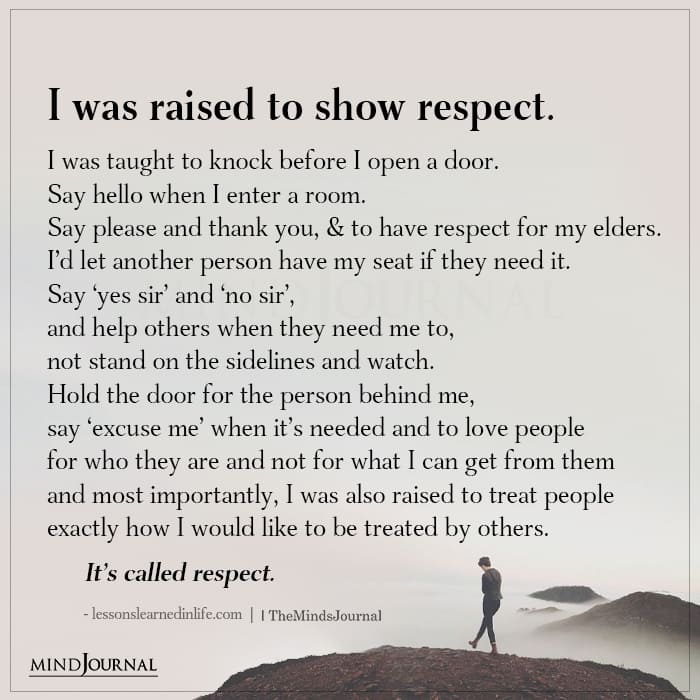
The man sues woman for friendzoning lawsuit has sparked a heated debate about the impact of friendzoning and rejection on mental health. Regardless of the outcome, it serves as a reminder of the importance of clear communication and mutual understanding in all relationships.
By being honest and clear about our intentions and feelings, we can help to prevent misunderstandings and build stronger, healthier relationships. The case of “Man sues woman for friendzoning” raises important questions about the boundaries of relationships and the potential consequences of not being clear about our intentions.
Read 10 Signs Of Healthy Boundaries
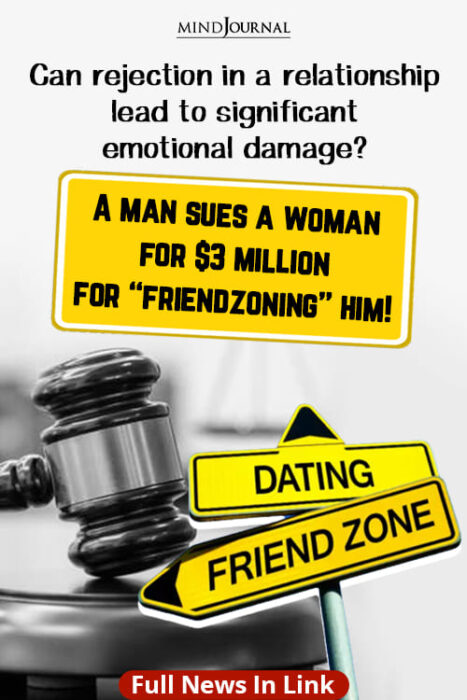
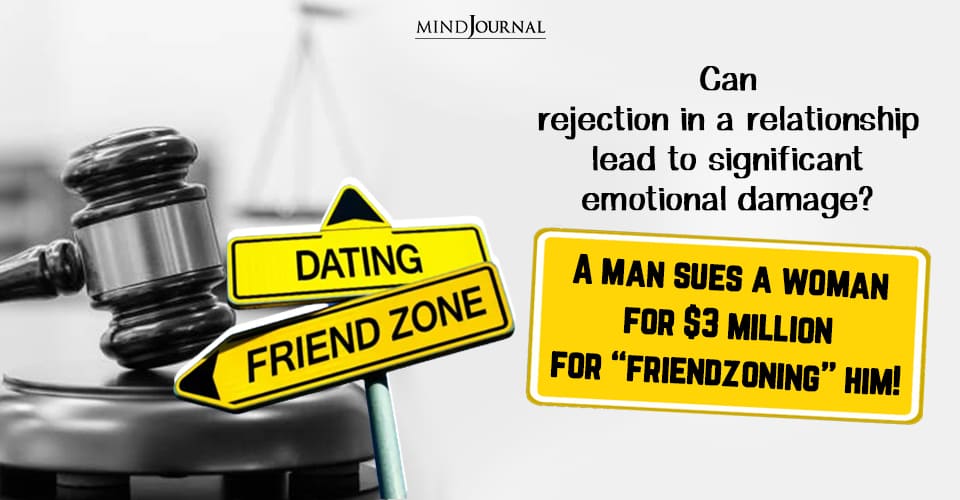
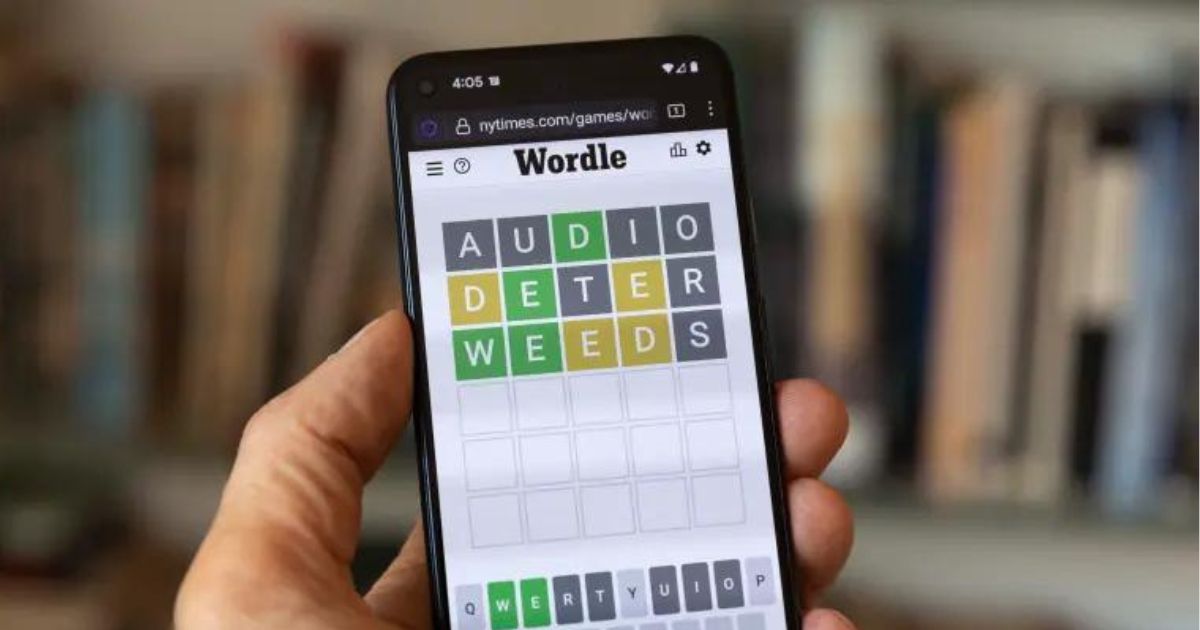



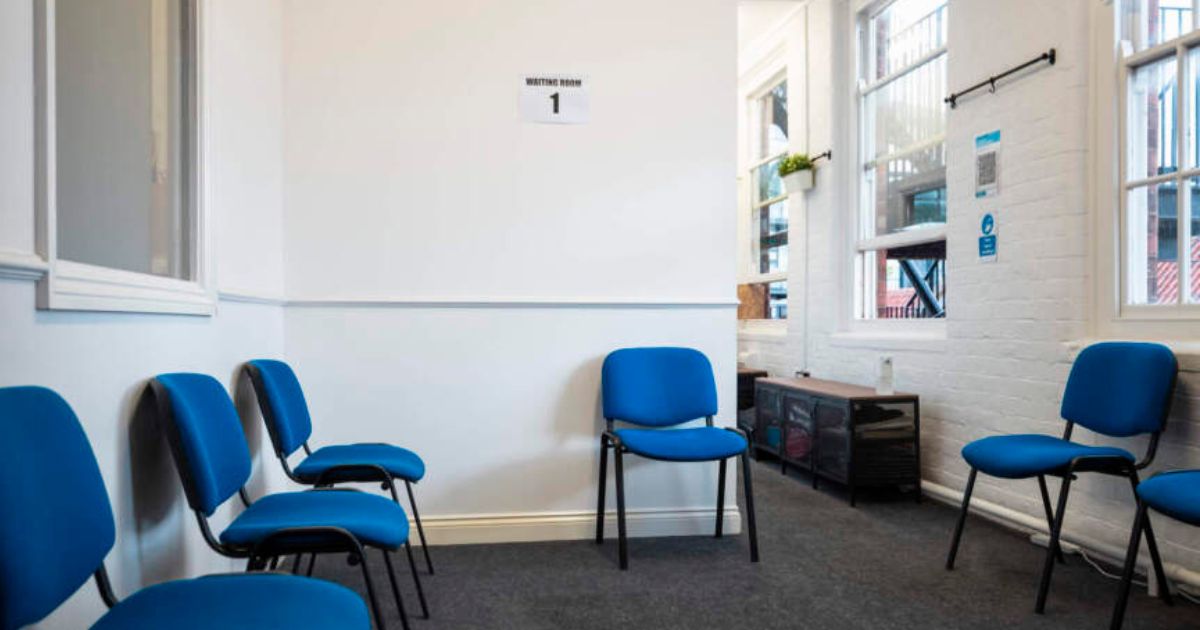


Leave a Reply
You must be logged in to post a comment.